
Network reliance as the internet enters its 'third act'
Information technology professionals know how to adapt to constant change. Yet our laser focus on immediate details means we can lose sight of the big picture and miss an opportunity to stay ahead of the curve. If you read the 2020 State of the Edge report, the very first line may cure that ill:
We stand on the precipice of a profound re-architecting of the Internet…
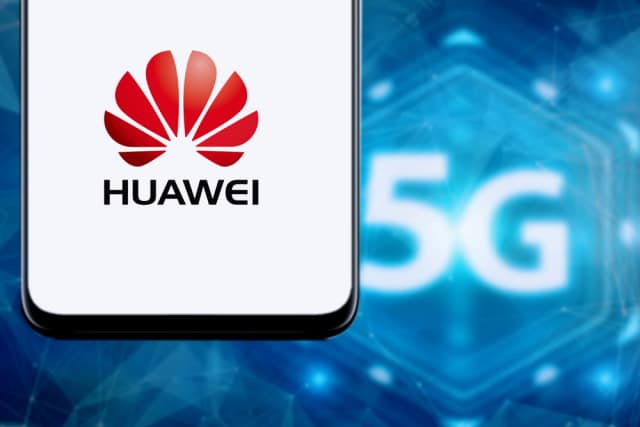
UK ignores US warnings and says Huawei can help build its 5G network
The UK government has announced that -- despite being considered a "high-risk vendor" -- Huawei will be permitted to contribute to the 5G network infrastructure in Britain.
The US recently warned that allowing the Chinese firm to be involved in the rollout of 5G would be "madness", but the UK has chosen to ignore this. Huawei will have limits placed on its contributions, meaning that it will only be able to supply "non-core" elements of the network.
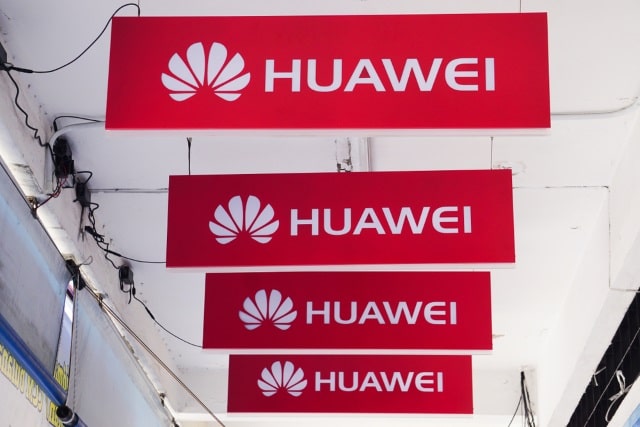
US warns UK against 'madness' of using Huawei for 5G
US officials have warned British ministers that using Huawei technology in the UK's 5G network would be "nothing short of madness".
Prime Minister Boris Johnson reacted to the warning saying that he had no intention of putting the UK infrastructure or national security at risk. He also called on critics of Huawei to suggest alternatives.

Security concerns and the benefits of 5G -- IoT and edge predictions for 2020
Internet of Things devices are now an accepted part of our home and business lives. They've led to increased focus on edge computing too thanks to the large volumes of data they generate, but what do industry experts think is going to happen in this sector in 2020?
Karl Sigler, threat intelligence manager at Trustwave SpiderLabs thinks the dev-security lifecycle will become the Achilles heel for IoT devices. "IoT devices are not getting any safer. With the huge influx of IoT devices in homes and organizations, the attack surface targeted by criminals is just getting larger and more diverse. Manufacturers and developers need to take the security reins. But today's IoT solutions are often missing security quality assurance during their product development lifecycle. High bandwidth, direct connections to the internet via 5G will increase the threat of Mirai-like botnets. These direct connections will also provide attackers the ability to bypass perimeter protections that are normally in place in homes and organizations. All manufacturers should add security vetting to their product development lifecycle, especially with the cloud and 5G in mind, to get IoT device security in check before the number of vulnerable devices in the market becomes overwhelming."

5G and AI could increase cybersecurity risks
A large majority of cybersecurity and risk management leaders (83 percent) believe that developments in 5G wireless technology will create challenges for their organizations.
A new report from UK-based cybersecurity specialist Information Risk Management (IRM) shows that among the top 5G-related concerns are greater risk of attacks on Internet of Things networks, a wider attack surface and a lack of security by design in 5G hardware and firmware.

The Swiss 5G debacle is giving me a headache
This is why we can’t have nice things! Just as Switzerland is on the cusp of becoming a leader in 5G adoption, out pop the crazies to rain on the tiny nation’s wireless parade.
The land of Chalets and Saint Bernards has been aggressively pursuing 5G adoption, with major carriers promising coverage for 90 percent of the population by the end of the year. This includes nearly every city and town, as well as remote locations, like ski slopes and mountaintop resorts. Just this past July, operators finished installing or converting over 300 antenna stations for 5G transmission -- no mean feat given the rugged terrain of the Swiss Alps.
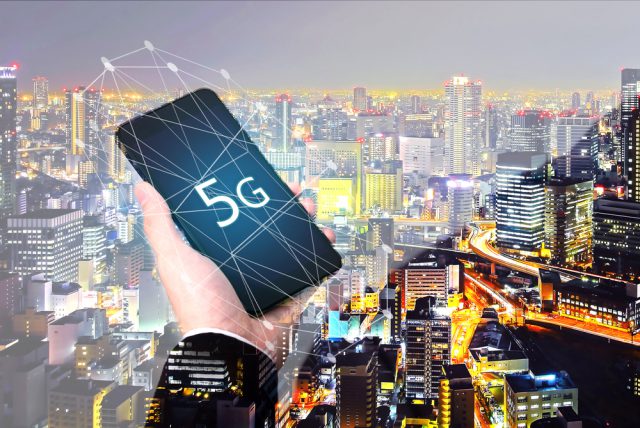
5G has arrived: What you now need to know
5G, the latest in mobile technology, strives to make mobile communication better and faster than ever before. However, a challenge 5G has that its predecessors did not, is the amount of devices, not just mobile phones, looking to benefit from the new technology. From smartwatches to internet-connected doorbells to even impending autonomous trucks, each of these devices will be looking to connect to the 5G network.
5G is already in use by several cities across the US with other countries not far behind. In fact, a recently released Ericcson Mobility Report predicted that by the end of 2024, there will be 1.9 billion 5G subscriptions, 35 percent of traffic will be carried by 5G networks and up to 65 percent of the global population could be covered by the technology. So the current questions are not when or what, but who will have access and how secure is it?

5G's 'G-wiz' environment
The U.S. is leading in 5G. That’s the latest findings from the Cellular Telecommunications Industry Association’s (CTIA’s) 2019 Annual Survey. But hold the smartphone! According to CNN’s June 26, 2019 article titled, Huawei is still signing up 5G customers despite US pressure, "Huawei is a leader in 5G technology and has invested $4 billion over the last decade in developing the next generation of wireless technology…"
When it comes to the 5G measuring stick, "leading," "readiness," and "patents" all have dramatically different leaders. For example, according to the CTIA report, being ready for 5G means building the required infrastructure, and testing and launching early networks in key locations. The report cites that AT&T has launched 5G in over a dozen markets, while Chinese 5G networks are still in trial stages -- advantage U.S.

UK bans Huawei from supplying 'core' parts of 5G network
Amid concerns about the company's security, and its possible links to the Chinese government, Huawei has been banned from providing essential parts of the UK's 5G network.
The Chinese telecoms firm has already been hit with bans and restrictions in the US and other parts of the world, and Huawei has been criticized for its "very, very shoddy" security. Now UK prime minister Theresa May has taken advice from the National Security Council and implemented a partial ban on Huawei's involvement in 5G in the UK, permitting it to only supply "non-core" technology.
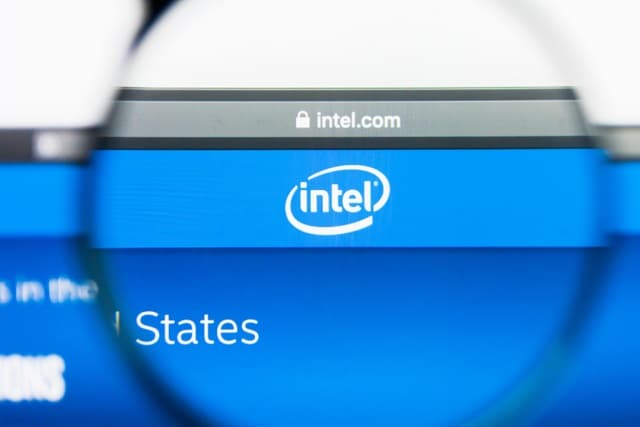
Intel announces it is exiting 5G mobile modem market after Apple and Qualcomm bury the hatchet
Intel has announced that it is to leave the 5G smartphone modem business and will assess the opportunities for 4G and 5G modems in PCs, as well as data-centric and IoT devices.
While Intel has not indicated a link between the two announcements, the news comes just after Apple and Qualcomm said they are bringing their legal battles to an end. It means that Intel will not supply the modem for the 5G iPhone, but the company says it will continue to invest in its 5G network infrastructure business.
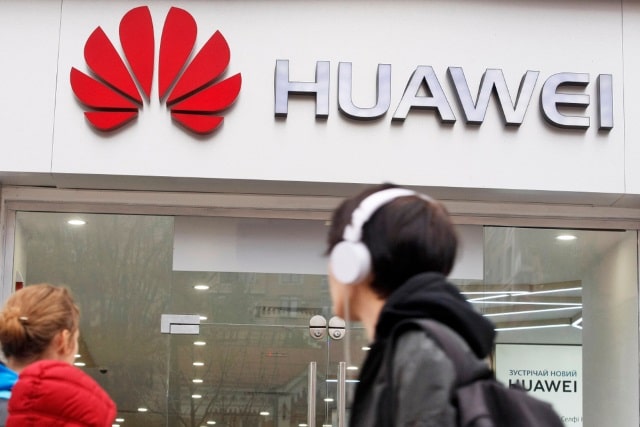
Huawei says US government is 'ignorant of technology'
Having faced accusations of conducting espionage on behalf of the Chinese government, Huawei has lashed out at the US government, accusing officials of being "ignorant of technology".
Huawei has been hit with numerous bans by the US, and the country has encouraged others around the world to follow its lead. But the company's chief security officer, John Suffolk, says there is no evidence that China could make use of Huawei's 5G equipment to spy on people, suggesting that US allegations were politically motivated.
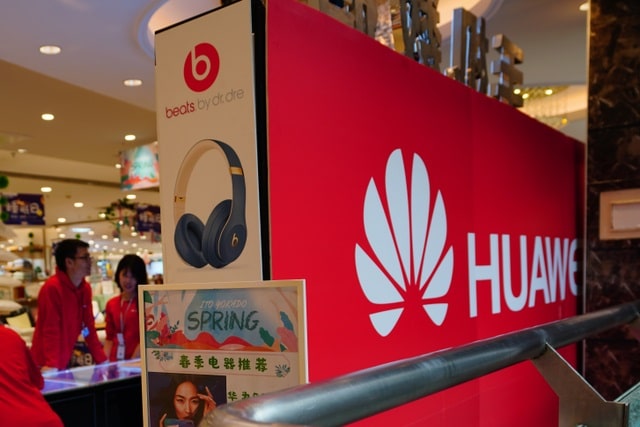
Huawei's 'shoddy' security could mean it is banned from sensitive parts of the UK's 5G network
Concerns about Huawei's "very, very shoddy" security could mean that the Chinese company's technology is barred from key parts of the UK's 5G mobile network.
A UK watchdog has already said that Huawei poses a national security risk, but a statement from the technical director of GCHQ's National Cyber Security Centre has stepped things up. Dr Ian Levy says that "the security in Huawei is like nothing else -- it's engineering like it's back in the year 2000 -- it's very, very shoddy".
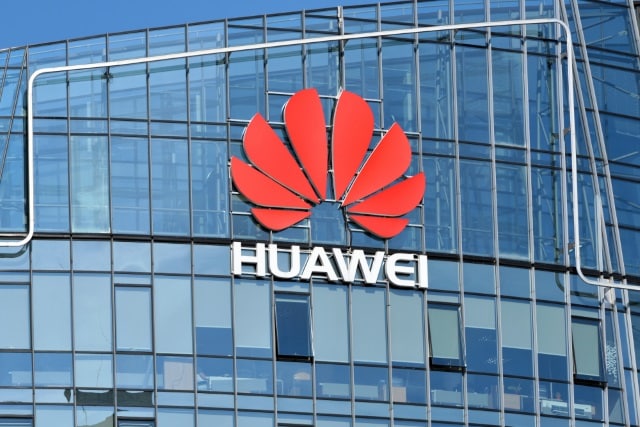
UK watchdog says Huawei poses a national security risk
In its fifth annual report, the UK's Huawei oversight board says that the Chinese firm poses a threat to national security. It reached the conclusion after discovering that the company has made "no material progress" in addressing the security flaws highlighted in last year's report.
But while the report was damning of Huawei, saying it found additional "significant technical issues in Huawei’s engineering processes leading to new risks in the UK telecommunications networks", the board stopped short of calling for a ban on Huawei's involvement in 5G in the UK.
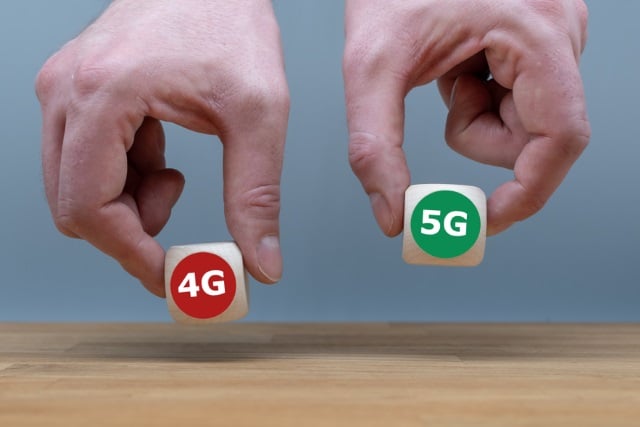
AT&T's 5G E is slower than some 4G connections
If you see a 5G indicator in your phone's status bar, you know you've got a fast connection, right? Think again. The technology world may be eagerly anticipating the capabilities of 5G, but in the US AT&T has simply jumped on the hype bandwagon as a marketing tool.
A new study into the speed of the company's 5G E service found that it is actually slower than 4G offerings from its rivals. Despite the name suggesting a futuristic service with speeds to match, AT&T is actually delivering sub-par performance.

How edge computing is making 5G possible [Q&A]
This month, Verizon announced its intention to increase its use of edge computing technology, having tested edge functions in its 5G network in Houston resulting in massively decreased network latency.
This move is another example of how new technologies will enable and extend digital transformation projects at the edge, and this is only the beginning.
